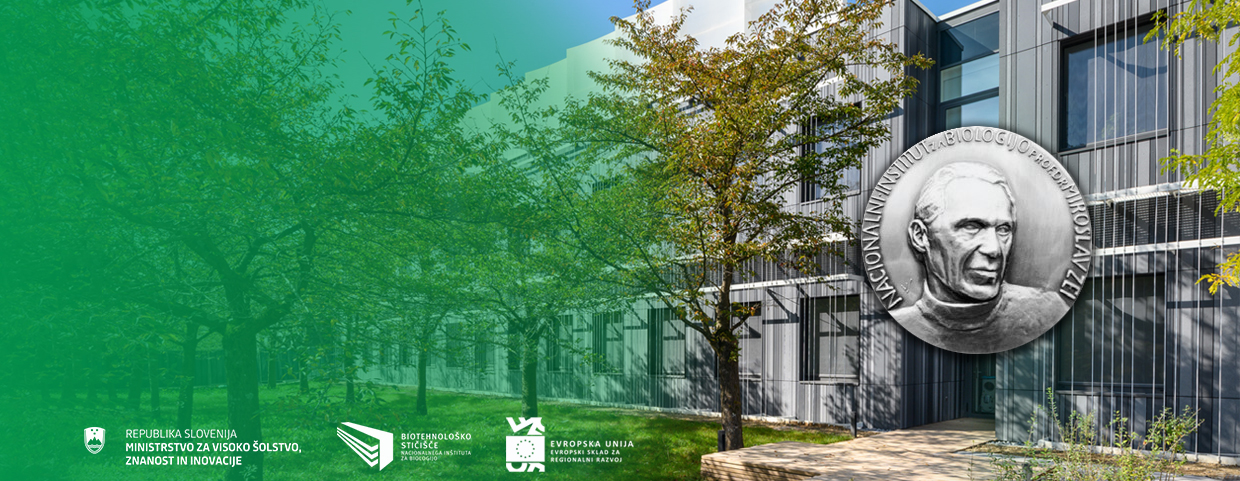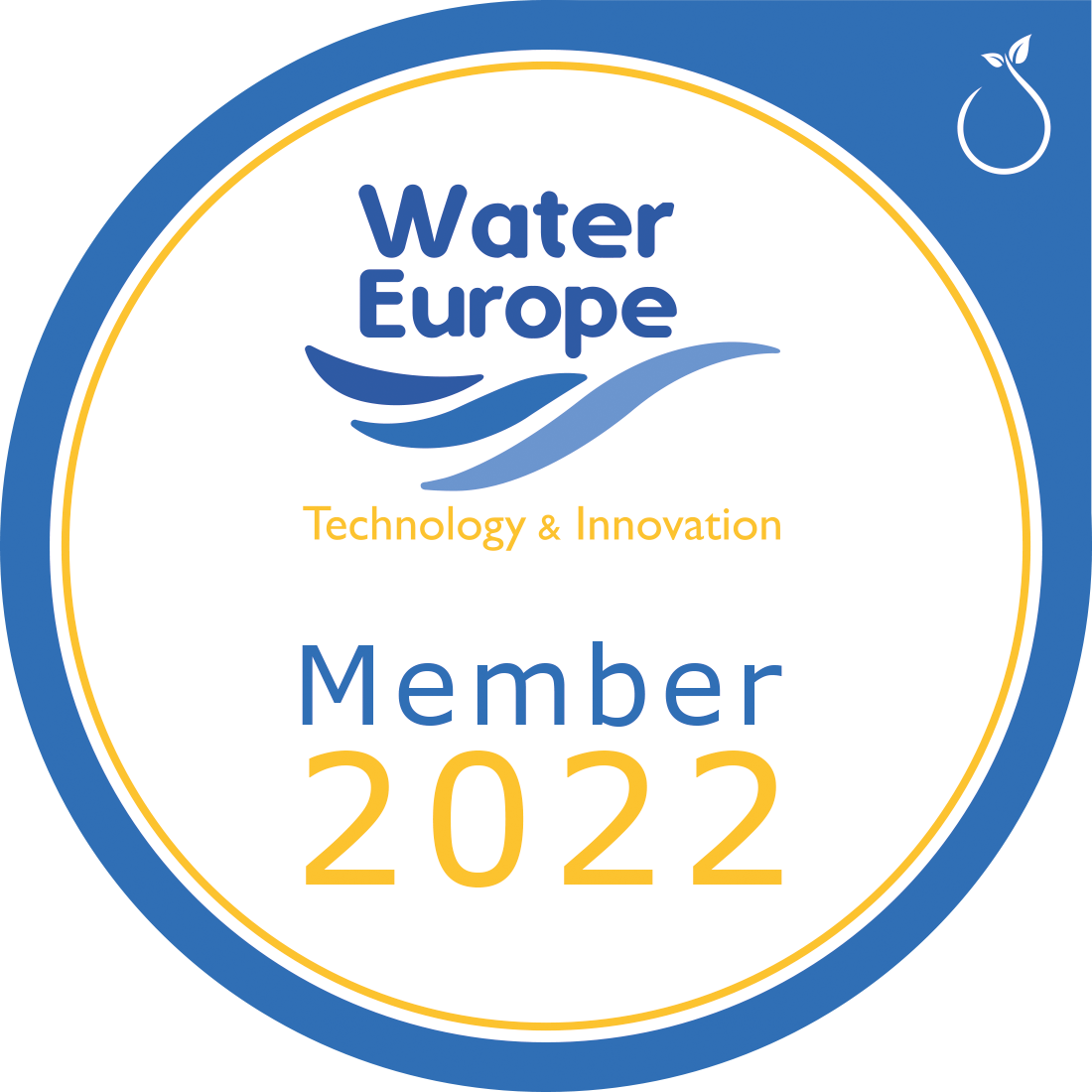29
Sep
Dr. István Nagy: “Application of Next Generation Sequencing technology to gene expression studies. Are we there yet?”
National Institute of Biology kindly invites you to view the lecture: “Application of Next Generation Sequencing technology to gene expression studies. Are we there yet?”, by dr. István Nagy, from Hungary (BAYGEN Institute, Szeged). The lecture took place on Friday, the 30th September 2011, at 9.00 uri, on Marine Biology Station Fornače 41, 6330 Piran.
National Institute of Biology kindly invites you to view the lecture:
“Application of Next Generation Sequencing technology to gene expression studies. Are we there yet?”,
by Dr. István Nagy, from Hungary (BAYGEN Institute, Szeged).
The lecture took place on Friday, the 30th September 2011, at 9.00 uri, on Marine Biology Station Fornače 41, 6330 Piran.
 About the author and the content of lecture:
About the author and the content of lecture:
Dr. István Nagy; PhD in Molecular Immunology (Univ. of Szeged, Hungary), MSc in Molecular Biology (Univ. of Pécs, Hungary). He spent 3 years as a post-doctoral fellow at the Institute of Genetics and Molecular and Cellular Biology (IGBMC, Strasbourg, France) studying the epigenetic control of cell fate determination before returning to Hungary (BAYGEN Institute, Szeged). His main research topic is the innate immune system of the skin, focusing on the intimate relationship of commensal microorganisms and the host cells. He utilizes the power of next-generation sequencing in order to identify mutations accounting for pathogeneticity and antibiotic resistance occurring in skin commensals.
Novel high-throughput deep sequencing technology has dramatically changed the way that the functional complexity of genomes and transcriptomes can be studied. In addition, SOLiD platform provides two possibilities for monitoring the transcriptional changes of a given sample: Digital Gene Expression (DGE) analysis and full transcritpome sequencing (RNA-Seq). Nagy I. et al. have successfully used both approaches; the results of these analyses and validation of the findings by QRT-PCR will be discussed.
The lecture was held in English.
Link to the Lecture - VideoLectures.net















